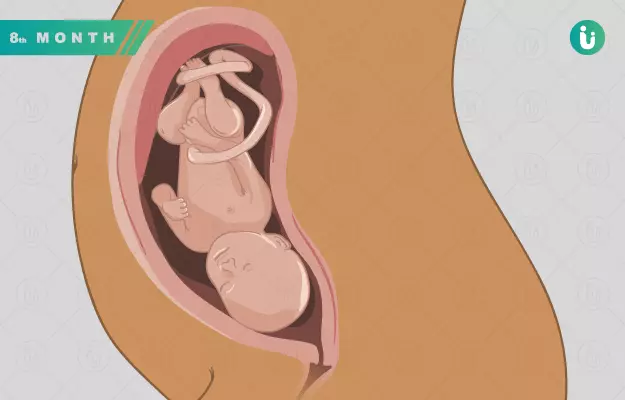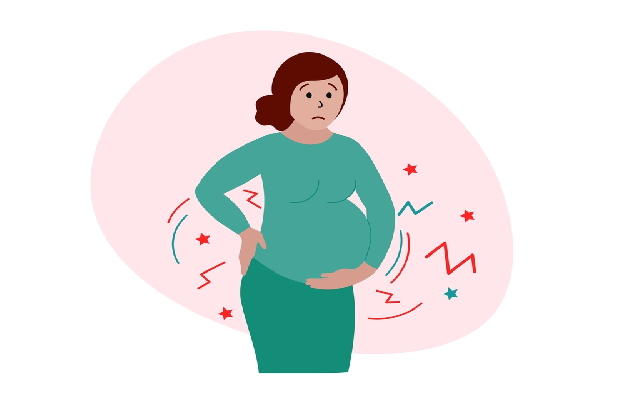As the mother's body prepares for delivery, it is important that she takes proper care of her diet. The continuously growing organs of the baby also require appropriate nourishment for proper development. Let us have a look at what the ideal diet in the 8th month of pregnancy should consist of.
High protein foods
Sources of high protein need to be included in the eighth-month pregnancy diet of the mother. This is essential as it helps in accelerating the growth of the baby. Proteins also improve the general health of the mother and the baby.
(Read more: Protein powder during pregnancy)
Foods rich in iron
Adequate amounts of iron are important in the eighth month of pregnancy. Its deficiency results in anaemia, which can cause a feeling of general fatigue in the expecting mother. Some important sources of iron include leafy greens, fish and nuts. Besides, fish also contains other important nutrients like protein and omega 3-fatty acids, which make it a great addition to the eighth-month pregnancy diet chart. However, you must be careful that the fish is properly cooked before consumption or it may cause infections.
Fatty foods
Fats are an important requirement for the body during pregnancy month 8. It is, however, essential to restrict within healthy limits. Omega-3 is a vital and healthy fatty acid. Healthy fats contribute greatly to the brain development of the foetus. Peanut butter and eggs are also rich sources of healthy fats.
Calcium
One of the vital nutrients essential for the baby's development is calcium. It helps in developing the baby’s bones and assists in several other functions. The richest source of calcium is dairy products. Expecting mother intolerant or not preferring dairy products can opt for alternatives as soymilk.
(Read more: Calcium-rich Indian food)
Potassium
Potassium is another important nutrient for the mother and baby. Bananas are a good source of potassium along with many other nutrients. Also, bananas enhance digestion and relieve constipation in the mother and thus, should be included in the eighth-month pregnancy diet.
(Read more: Potassium deficiency symptoms)
Vitamin C
Yet, another nutrient that is required for the mother and the baby in month 8 of pregnancy is vitamin C. This is because vitamin C helps absorb iron in the body and also helps avoid problems like gum bleeding. The important sources of this vitamin are oranges, lemons, tomatoes, and pear.
Leafy vegetables
It is essential that the mother includes green leafy vegetables in her diet. Leafy vegetables are rich in fibres, which prevent constipation from occurring due to the additional weight and excess hormone secretion during pregnancy month 8. Leafy vegetables also contain other minerals like iron, potassium and calcium. They are thus, a valuable addition to the 8th-month pregnancy diet of the mother.
While it is important to eat timely and right, there are certain foods that you need to avoid in the eighth month of pregnancy which has been mentioned below.
- Fried foods
- Coffee
- Unpasteurized milk
- Tobacco
- Alcohol
- Processed cheese
- Raw meats and partially cooked eggs






















































